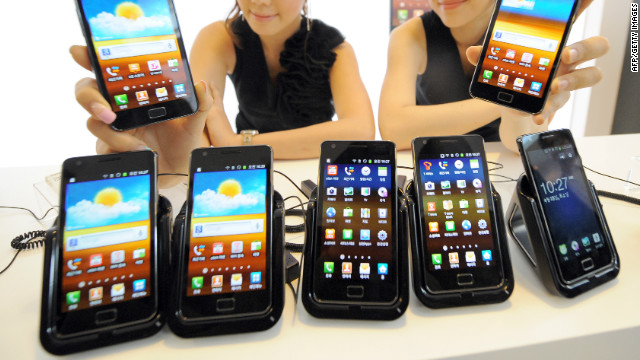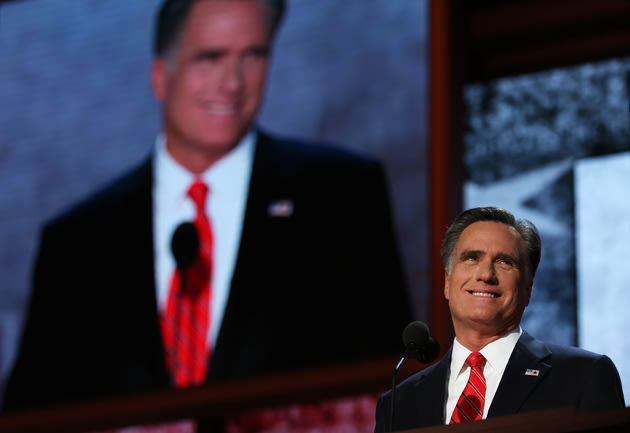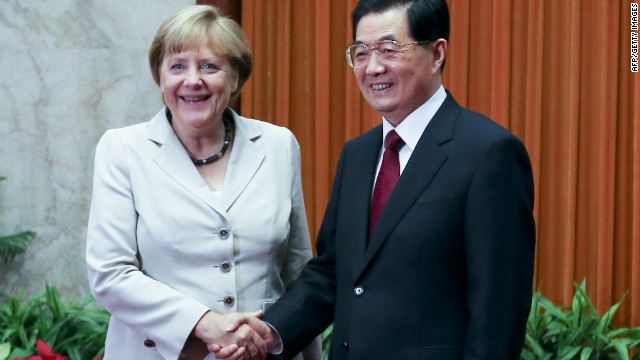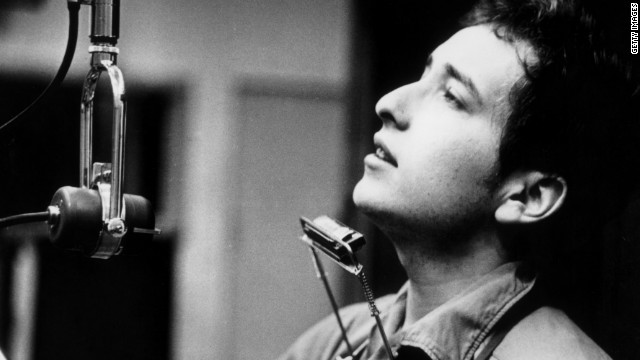
The jury ruled that Apple be awarded $1.05m (£665m) after its South Korean rival infringed several of its software technologies and designs
Samsung's own claims of patent breaches were rejected.
The decisions have been picked over at length by both the media and public. Questions have been asked: Did the jury spend enough time considering the facts? Was a Californian jury inherently biased? And, based on the evidence, was the verdict wrong?
Velvin Hogan was the foreman in the jury. He is chief technology officer at Multicast Labs, which develops video technology for the web, and was familiar with the US patent system before the trial.
He spoke to the BBC to address concerns he had about some of the reports, and asked that it be known that he had not been paid for this or any other interview.
What follows is an edited version of the conversation. A full transcript is also available:
One of the most decisive pieces of evidence was reading the minutes for myself of a meeting that was held at a very high level between Google executives and Samsung executives.
It was for a tablet and Google was concerned that for the sake of their operating system that the look and feel and the methodology that they [Samsung] were using to create their tablet was getting too close to what Apple was doing.
And in the memo themselves - remember this was minutes - they stated that Google demanded that they back away from that design.
And later there was a follow-up memo among themselves, these executives, and in black and white it says: we elect to not pass this information down to the divisions that were actually involved in the design.
So, from the sake of the engineers they went merrily along continuing their design not given any orders to back away.
They knew nothing of that meeting. To me that kind of raised a light bulb in my head that when I got in the jury room I wanted to read the minutes of that meeting myself.
When we went into deliberation in the jury room we not only had all the physical evidence of everything that was presented, but we also had sealed source code in its entirety from both sides, we actually had the memos that were talked about in the trial... and there was a piece of evidence after a piece of evidence that just clearly stacked up.
I have tried to make it clear that it wasn't an attempt [to take] a punitive standpoint. And it wasn't necessarily focused at Samsung - that is where it had been taken out of context.
The jurors wanted to send a message to the industry at large that no matter who you are - whether you are Apple, whether you are Samsung, or anybody - if you wilfully take the risk to cross the line and start infringing and you get caught, and again I emphasise wilfully, you need to be prepared to pay the cost for that.
Prior art was considered.
But the stipulation under the law is for the prior art to be sufficient to negate or invalidate Apple's patents in this case, it had to be sufficiently similar or, more importantly, it had to be interchangeable.
And in example after example, when we put it to the test... the hardware was different, the software was an entirely different methodology, and the more modern software could not be loaded onto the older example and be run without error. And vice versa of that was also true.
So the point being, at [a bird's eye-view from] the 40,000 foot-level, even though the outcome of the two seemed similar, the internal methodology of how you got there was entirely different. One could not be exchanged for the other.
And that is the thing that most people at large do not understand about the legal system. And as a result of that you have heard a lot of hype in the media about did we turn our back on prior art.
What was key to us... is that [the technologies] had to be interchangeable.
And so consequently, when we looked at the source code - I was able to read source code - I showed the jurors that the two methods in software were not the same, nor could they be interchangeable because the hardware that was involved between the old processor and the new processor - you couldn't load the new software methodology in the old system and expect that it was going to work. And the converse of that was true.
I think so. But let's not say me specifically.
Let's say if there had not been an individual who had the technical background, and there had not been an individual who had gone through the process, the verdict might have been different - or it might have been the same.
I believe that the jury system in this country stands. The individuals would have ultimately come to a verdict. It might have been a lot longer.
But what definitely would have been required is passing more questions to the judge and having them come back. In our case we didn't have to.
Yes. I have no doubt that, number one, this case for this country is historical. It's a landmark case and, as people have said, we set the bar rather high. But as jurors we took the job seriously.
What needs to be understood by those outside that are watching this and listening to it, no matter whether we or anyone else feel personally that the patent procedure in this country or the patent system is broken or sick, we as jurors were sworn to abide by the rules and the stipulations in law as they exist today, at the time we made the decision.
I believe we definitely need to continue the discussion. What I applaud is the fact that there is a discussion going on. Not everybody agrees with me or agrees with the decision that we made.
But that's OK. Whether I believe it is sick or broken or needs to be fixed or not, the rules are today what they are.
But if the community of engineers at large believes that it needs to be changed or re-reviewed, this court, this trial, and this set of jurors - myself included - was not the genre for that. It was not the right place.
That wasn't our authority and it wasn't what we were supposed to do.
No.... Those two operating systems can stand side-by-side, even though there is some similarity. The way those two operating systems function are sufficiently different enough that there is no infringement.
Just to make it clear, the phone that I have is a Motorola Droid X2 and the reason I'm mentioning that is because it is in the record, it was told to the judge and told to the court when asked that question.
And it is of a slider variety so it has a normal keyboard, and for that reason it's not among the 26 accused phones. It uses icons, and they are more than sufficiently different than what the iPhone, what Apple uses.
At the 40,000 foot-level there are some what you would perceive to be similarities. When you look at how the code is running and what the outcome is you will find that when you compare even that phone against the current patents that Apple is using, there is no infringement.
My point is that the consumer at large does not have to lose functionality. But the methodology that is used by the company building that can get as close as they want to to that line of infringement, but just don't cross it.
Don't cross the infringement line, make some changes so that you're not going to cross it and then innovate like crazy.
And that's really the most important part. And I think Samsung has the capability, perhaps like no other on the globe, to be able to do it sufficiently fast enough that they are not going to lose any revenue.
Yes, this trial took place in San Jose in the heart of Silicon Valley and Apple is located just down the road west of where the trial was, and two of Samsung's divisions are here down the road north-east of where this decision was made.
Everybody knows Samsung, everybody in this valley knows Apple. There is absolutely no ground to say that Apple had a hometown advantage.
Certainly it did not influence any of us on the jury panel.














